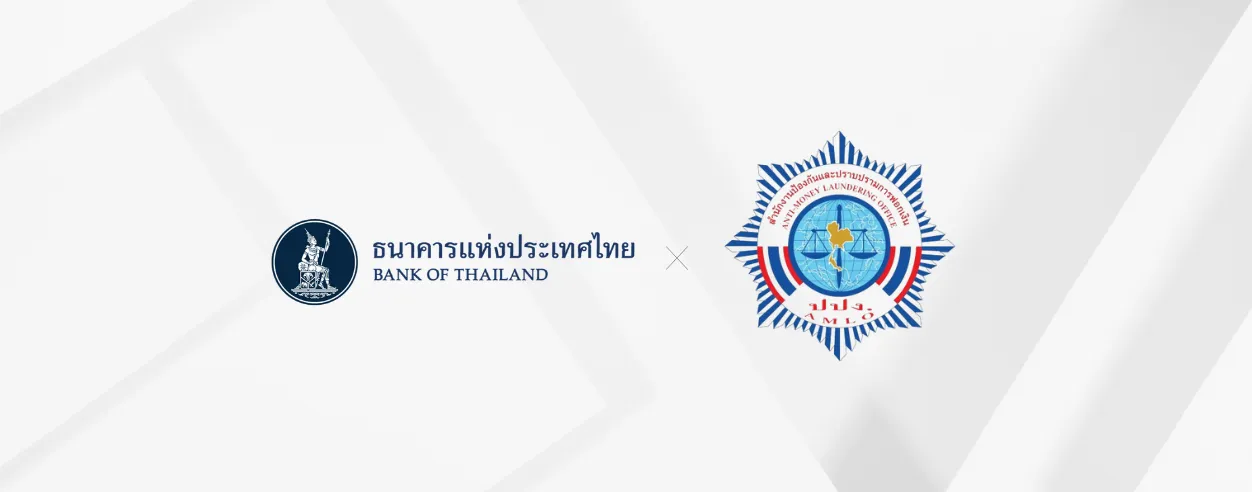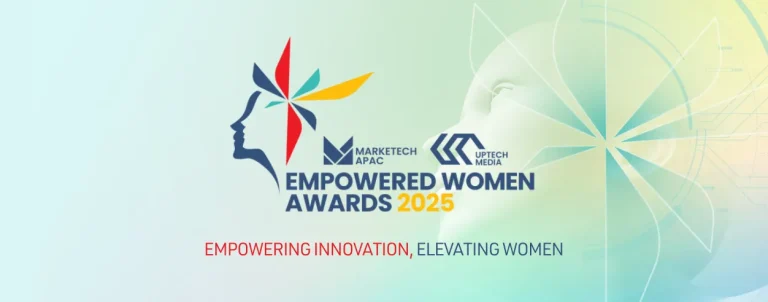Thailand – Aiming to enhance the country’s transfer system, the Bank of Thailand and Anti-Money Laundering Office have recently issued a set of enhancements to policies and operational guidelines of financial institutions following transactions with high-risk countries and sanctions-related risks.
As outlined in the joint statement, said institutions stressed the need to prevent the Thai financial system from being exploited as a channel for money laundering, terrorism financing, support for the proliferation of weapons of mass destruction, or warfare causing human rights violations.
In particular, measures have been implemented, with further plans to continue accompanying initiatives such as accelerating the enhancement of the operational standards of financial institutions in Thailand to keep pace with evolving situations and international standards.
According to AMLO and BoT, there is a need for more stringent measures to verify UBO to track and prevent the use of complex business structures in illegal transactions.
In line with Financial Action Task Force (FATF) standards, this verification of high-risk customers must also be more rigorous than regular customers, which includes defining UBO to include individuals with ownership below 25% of shares.
Second, they have also mandated Enhanced Customer Due Diligence (EDD) for high-risk customers, necessitating clear evidence that information from other sources has been obtained to ensure a comprehensive understanding of the customer’s true nature.
Third, creating criteria for requesting additional documentation for money transfer transactions involving high-risk customers was also required, particularly for transactions that involve Dual-Use Items (DUI). This move intends to understand the business purpose of the customer and help prevent financial institutions from being used as channels to support money laundering, terrorism, and human rights violations.
In addition, said institutions have issued a Joint Policy Statement on Sanctions-related Risk Oversight to encourage other financial institutions to enhance their sanctions-related risk management.
According to them, financial institutions must have methods and systems to assess, monitor, and detect sanctions-related risks and alert for irregularities in customer financial transactions that may lead to sanctions-related risks.
These measures further include requiring the Thai Bankers’ Association, the Association of State Financial Institutions, and member banks to develop industry standards in areas identified by the AMLO and the BOT as needing enhancements in operational practices.
This includes the development of systems and tools to effectively monitor dual-use items (DUI) and products that have high risks of being used to produce weapons that threaten international security.
These standards will be applied starting January 2025. By making these enhanced practices a uniform standard, this will close loopholes and prevent transactions from being selectively conducted with financial institutions that have differing standards.
As per the statement, AMLO and BoT have worked together to monitor and review transactions involving high-risk countries, where it was found that financial institutions still need to elevate their customer due diligence to prevent being used as channels to support human rights violations.
They have also investigated the facts presented in the report from the office of the United Nations High Commissioner for Human Rights.
Said move encompasses reviewing the policies and operations of financial institutions regarding their relationships with correspondent banks, account openings, and money transfer transactions with customers.











